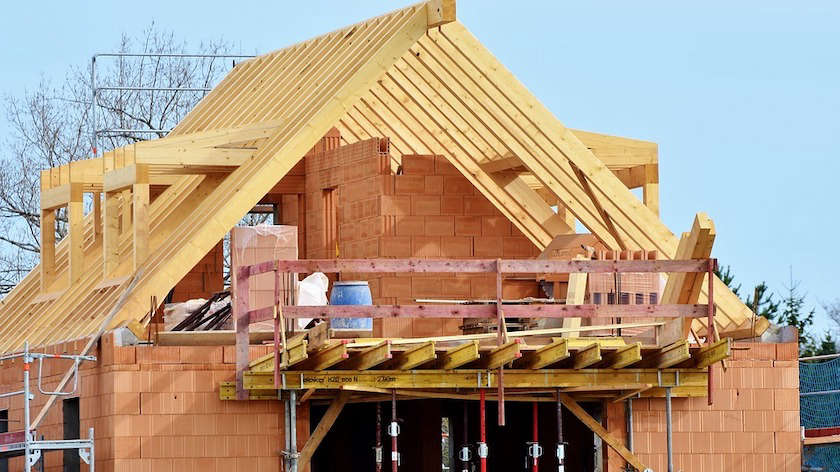
Ilkley Town Council says a proposal by Bradford Council to merge its two panels that make decisions on planning applications would be 'unacceptable'.
Bradford Council plans to scrap its two existing Area Planning Panels – Bradford, and Keighley/Shipley, and merge them into a single area planning panel that will deal with applications from across the District.
But at a meeting yesterday some Councillors questioned if this decision would be a major mistake, saying vital local knowledge will be lost.
The proposal to merge the panels is one of many proposed by Bradford Council to cut costs, and is expected to save around £21,000 a year.
The savings would come from the reduction in allowances paid to Councillors and reduced work for officers.
But the plans have been criticised by many Councillors, and some town and parish councils.
Ilkley Town Council said it would “reduce democratic representation for the important matter of planning to an unacceptable level.”
And Silsden Town Council responded to a consultation on the plan saying people would be put off from travelling across the District to attend meetings. They added it would: “Constitute an end to local democracy.”
The proposal went before a meeting of the Council’s Regulatory and Appeals Committee on Thursday. The current set up sees the Regulatory and Appeals Committee decide on the larger scale planning applications, such as major new housing estates or large business sites.
The two area planning panels deal with smaller scale applications.
However, 98 per cent of all planning applications never make it to a panel – they are decided by “delegated powers”, meaning planning officers and not Councillors have the final say on what is approved or refused.
The current panels meet every eight to nine weeks, and are made up of seven members.
The new panel would cover applications from across the District, be made up of 10 members and meet every four weeks.
At Thursday’s meeting members were told a reduced number of planning applications was one of the reasons for the merging of the two panels.
Councillor Matt Edwards (Green, Tong) also highlighted the concern from many of town and parish councils – that a single planning panel would have less local knowledge than the two separate ones.
Chris Eaton, Development Manager, told the committee that the new system would speed up the planning system – instead of waiting up to nine weeks for a decision after the application’s consultation period ends, the more regular meetings meant developments could be approved withing a few weeks.
He said the panel would not only meet in Bradford – if an agenda had a large number of applications from the North of the District it could be held in Keighley.
Councillor Gerry Barker (Cons, Wharfedale) said: “The thing that upsets members of the public is that they spend time and money travelling to meetings. This would disadvantage people living in the outer areas.”
Mr Eaton said: “There will always be a situation where people have to travel.”
Bob Power, legal advisor, said: “Developers regard speed as something that is very important, and it is important to the local economy. The Council’s ability to make a decision speedily would have a significant economic benefit. I believe that trumps any inconvenience of people getting to meetings.”
Mr Eaton said the faster turnaround could also benefit people campaigning against applications, arguing the “wind can come out of the sails” of campaigns the longer they drag on.
Cllr Edwards replied: “What a housing developer wants is the bottom of my list of concerns. I’m not interested in the profits of developers as very few of them
Councillor Russel Brown (Cons, Worth Valley) pointed out the differences in different parts of the District, saying: “Someone who lives at the end of a grit track road who wants something doing isn’t comparable to a shopkeeper in Bradford city centre. Councillors in the outer wards have a better understanding of local issues.”
Cllr Barker added: “The saving of £21,000 is peanuts, and this doesn’t serve the public. I’m sympathetic to the public, I’m not sympathetic to developers who are in it for the money.”
Despite the criticisms, the panel voted by a narrow margin to support the plans. Their comments will now be fed back to Council bosses before a final vote.



 Experience the magic of opera at charity gala in Ilkley
Experience the magic of opera at charity gala in Ilkley
 Your Local Experiences earns thousands for local businesses in first month
Your Local Experiences earns thousands for local businesses in first month
 Four Ilkley businesses in finals of Leeds Oliver Awards 2026
Four Ilkley businesses in finals of Leeds Oliver Awards 2026
 Ilkley Wharfedale Rotary involved with eradicating Polio worldwide
Ilkley Wharfedale Rotary involved with eradicating Polio worldwide
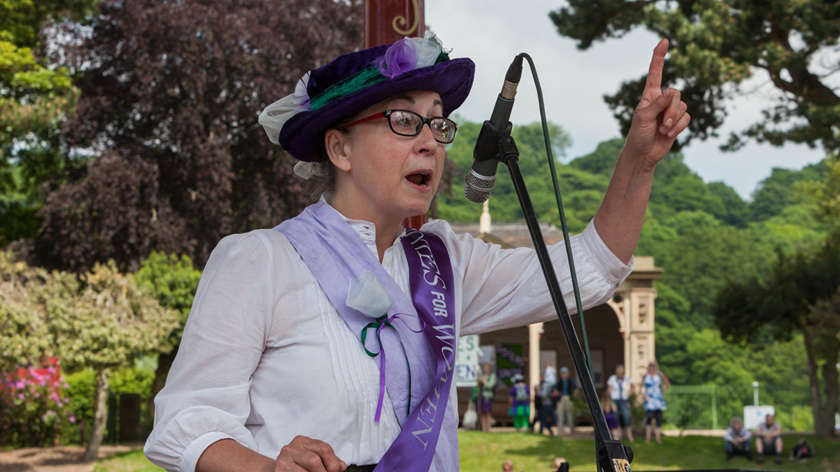 International Women’s Day talk to celebrate ‘Brilliant Bradford Lasses’
International Women’s Day talk to celebrate ‘Brilliant Bradford Lasses’
 Man charged with murder after weekend fatal assault
Man charged with murder after weekend fatal assault
 Airedale Hospital launch their Easter appeal
Airedale Hospital launch their Easter appeal
 Ilkley planning to bid for UK Town of Culture 2028
Ilkley planning to bid for UK Town of Culture 2028
 Deadline extended for Ilkley Carnival creative competition
Deadline extended for Ilkley Carnival creative competition
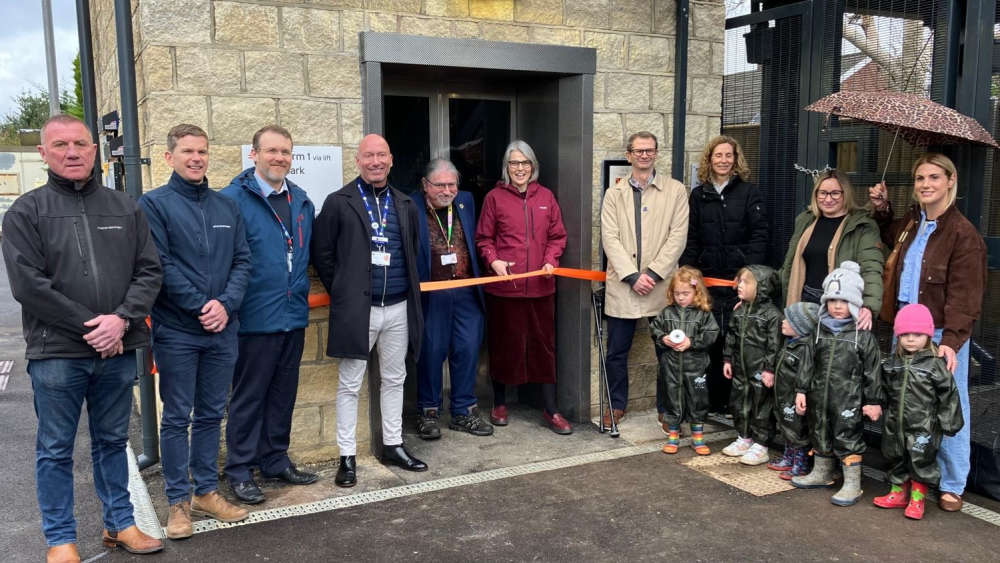 Passengers benefit from £7.8m accessibility upgrade at Menston station
Passengers benefit from £7.8m accessibility upgrade at Menston station
 Enhanced CCTV to increase safety at Ilkley station
Enhanced CCTV to increase safety at Ilkley station
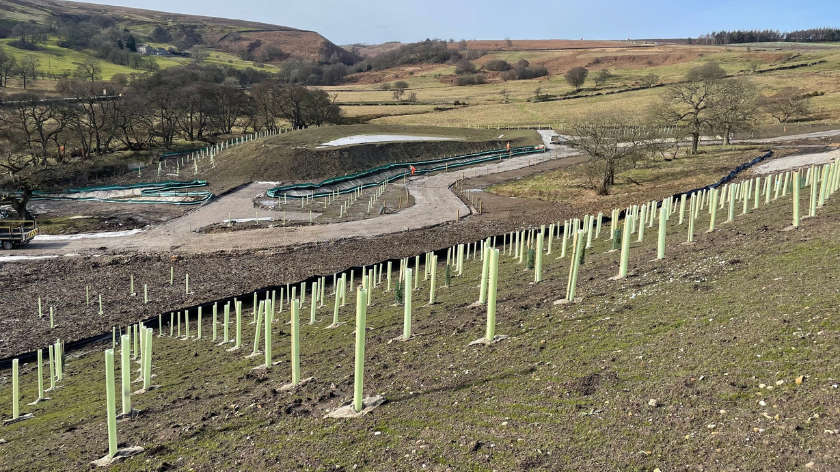 Council shares update on Kex Gill realignment scheme ahead of June opening
Council shares update on Kex Gill realignment scheme ahead of June opening
 Airedale Hospital marks milestone after over 100 people use cancer exercise treatment service
Airedale Hospital marks milestone after over 100 people use cancer exercise treatment service
 Council food waste collections likely to begin in September
Council food waste collections likely to begin in September
 Ilkley campaigners respond to Channel 4 sewage documentary-drama
Ilkley campaigners respond to Channel 4 sewage documentary-drama
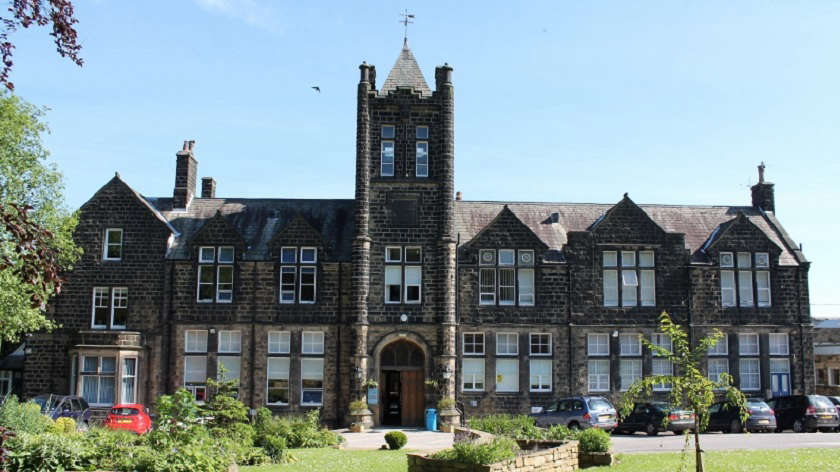 Majority of pupils offered preferred secondary school places
Majority of pupils offered preferred secondary school places
 Murder investigation launched following death of assault victim
Murder investigation launched following death of assault victim
 PippaFest returns this May bank holiday Sunday
PippaFest returns this May bank holiday Sunday
 2026 Ilkley Beer Festival breaks fundraising record
2026 Ilkley Beer Festival breaks fundraising record




